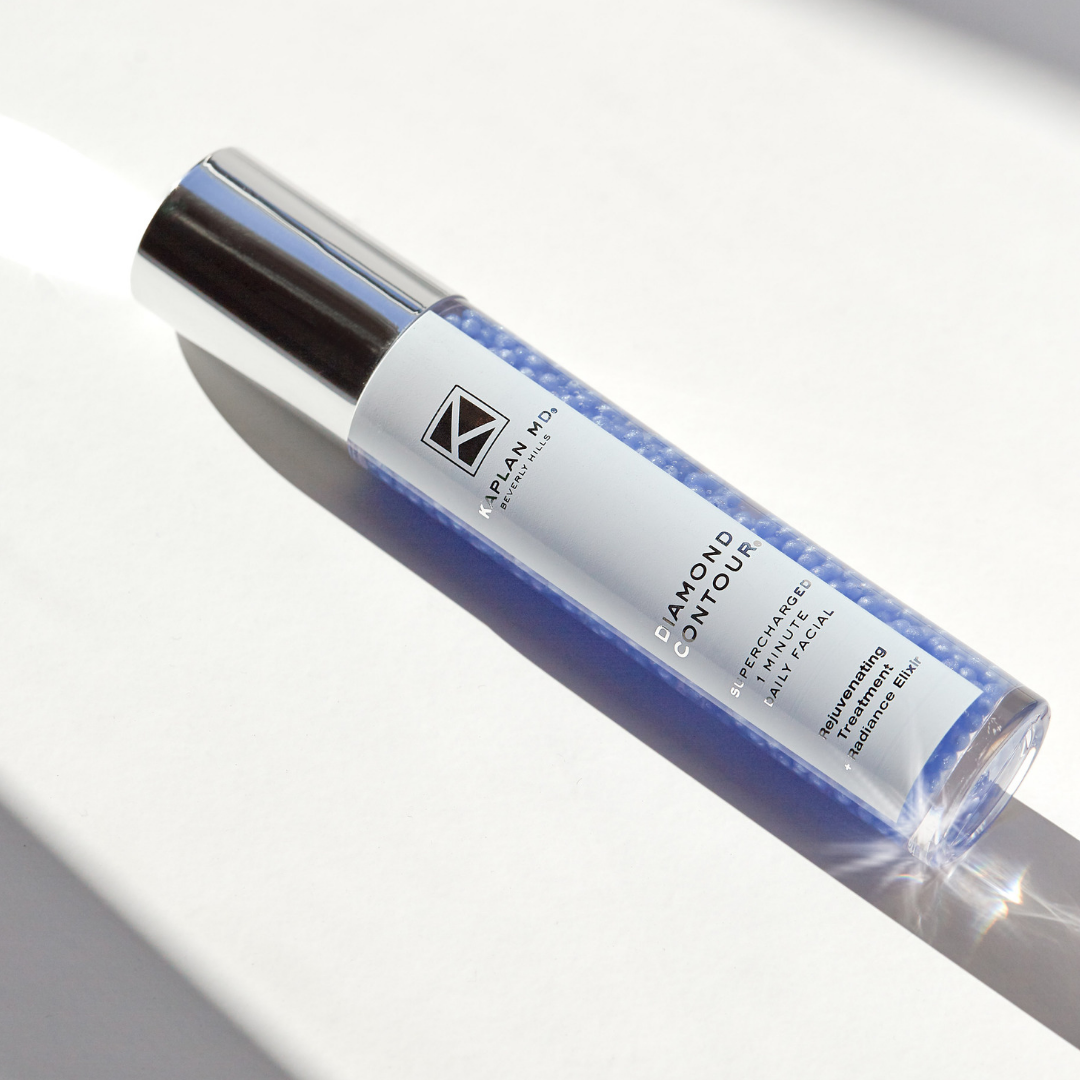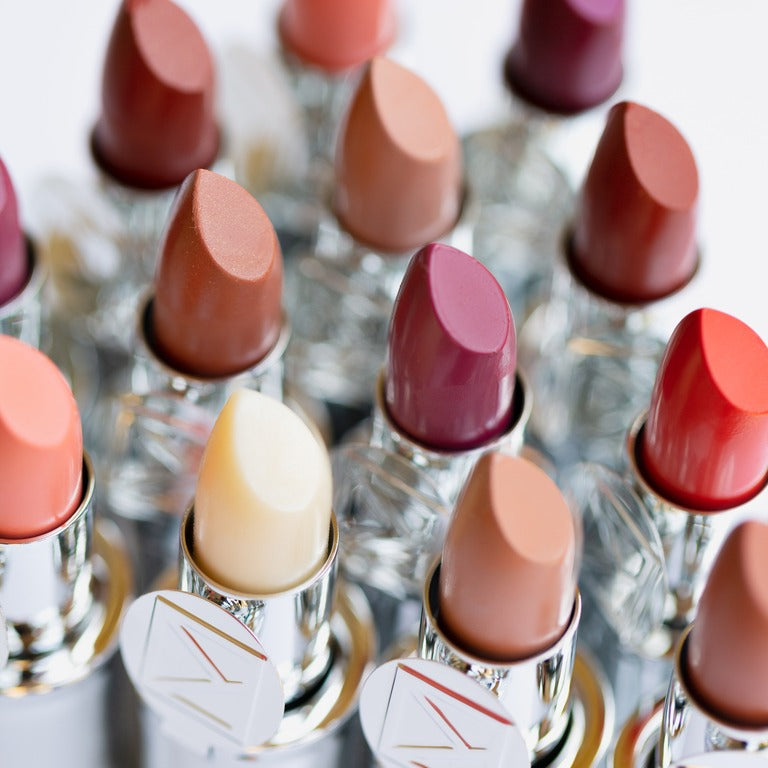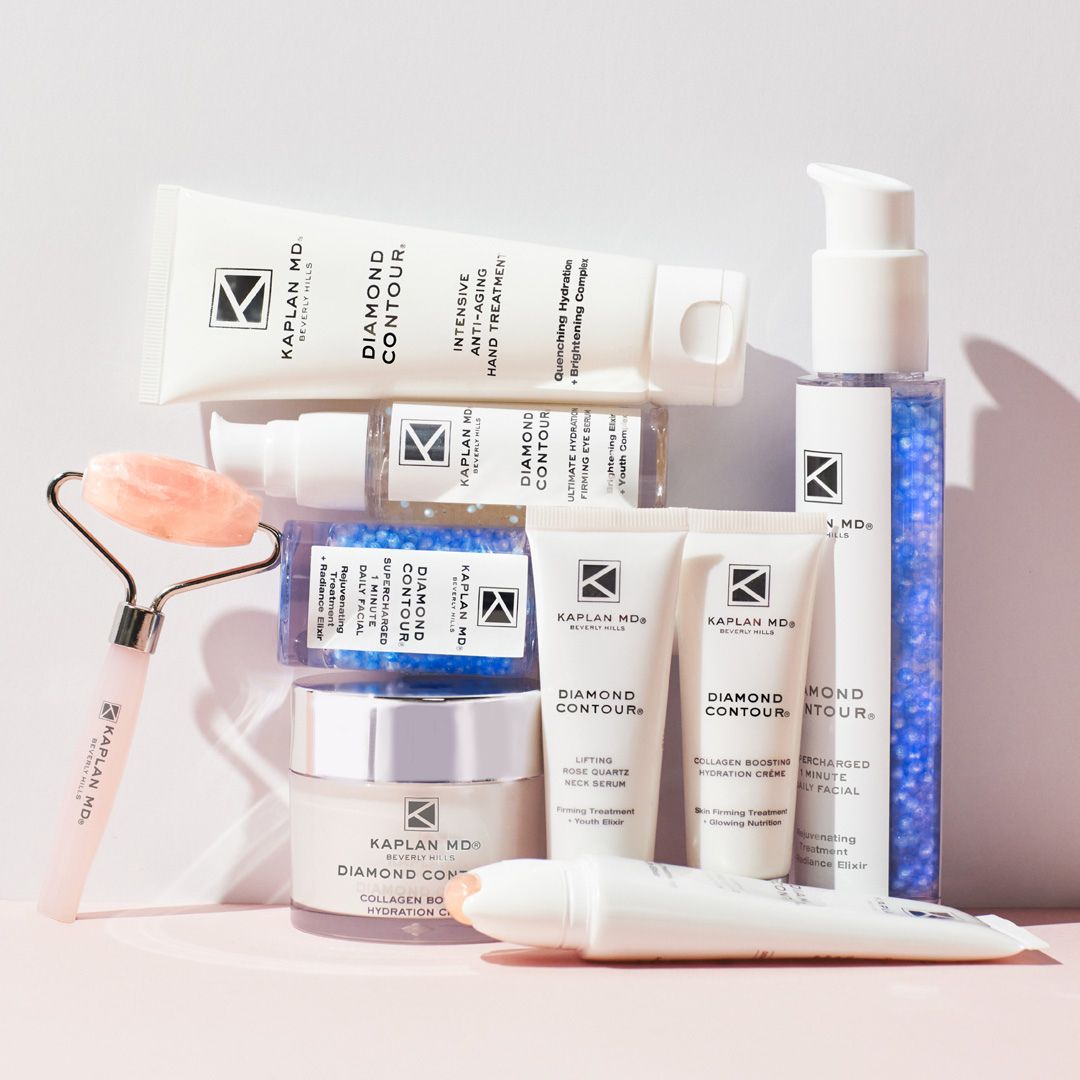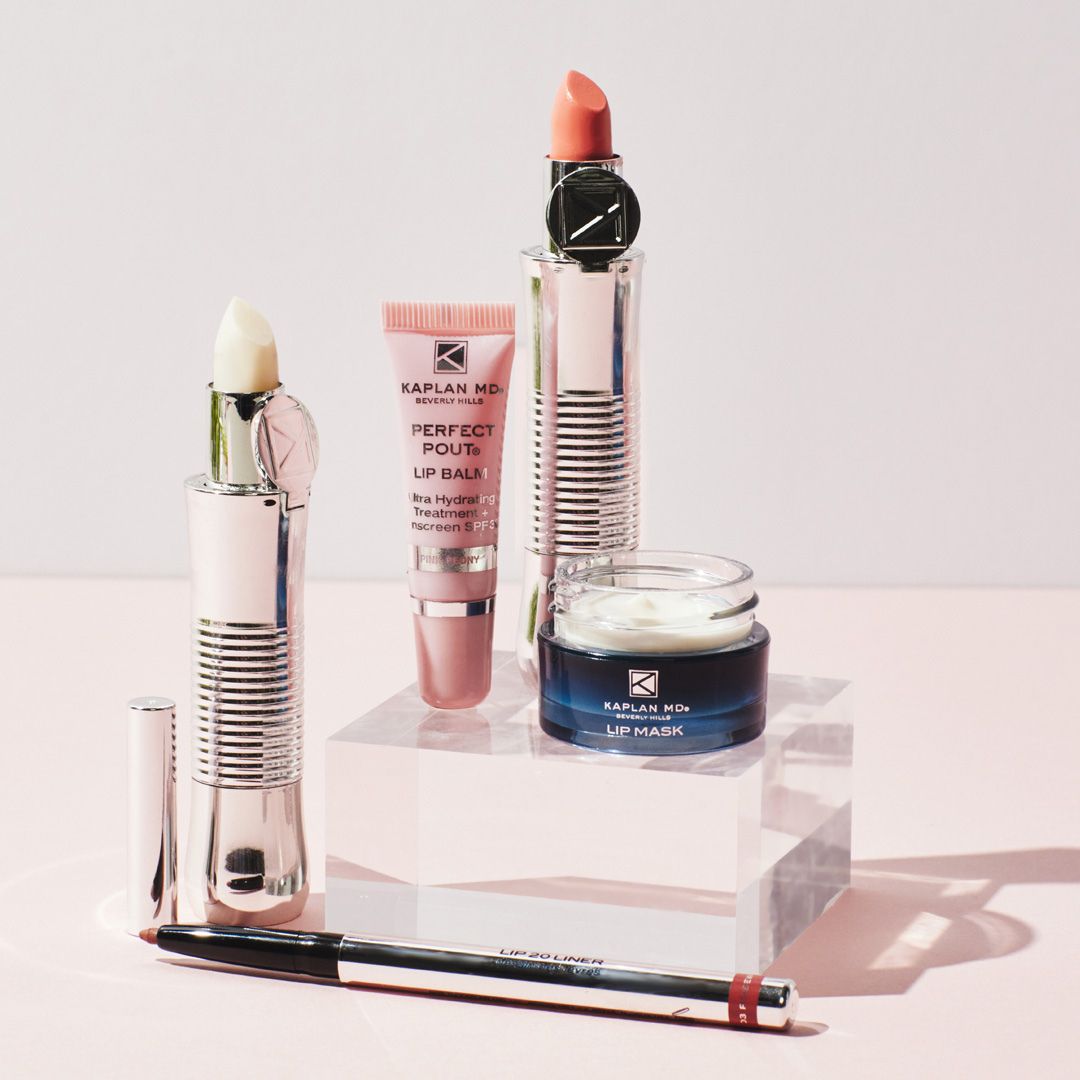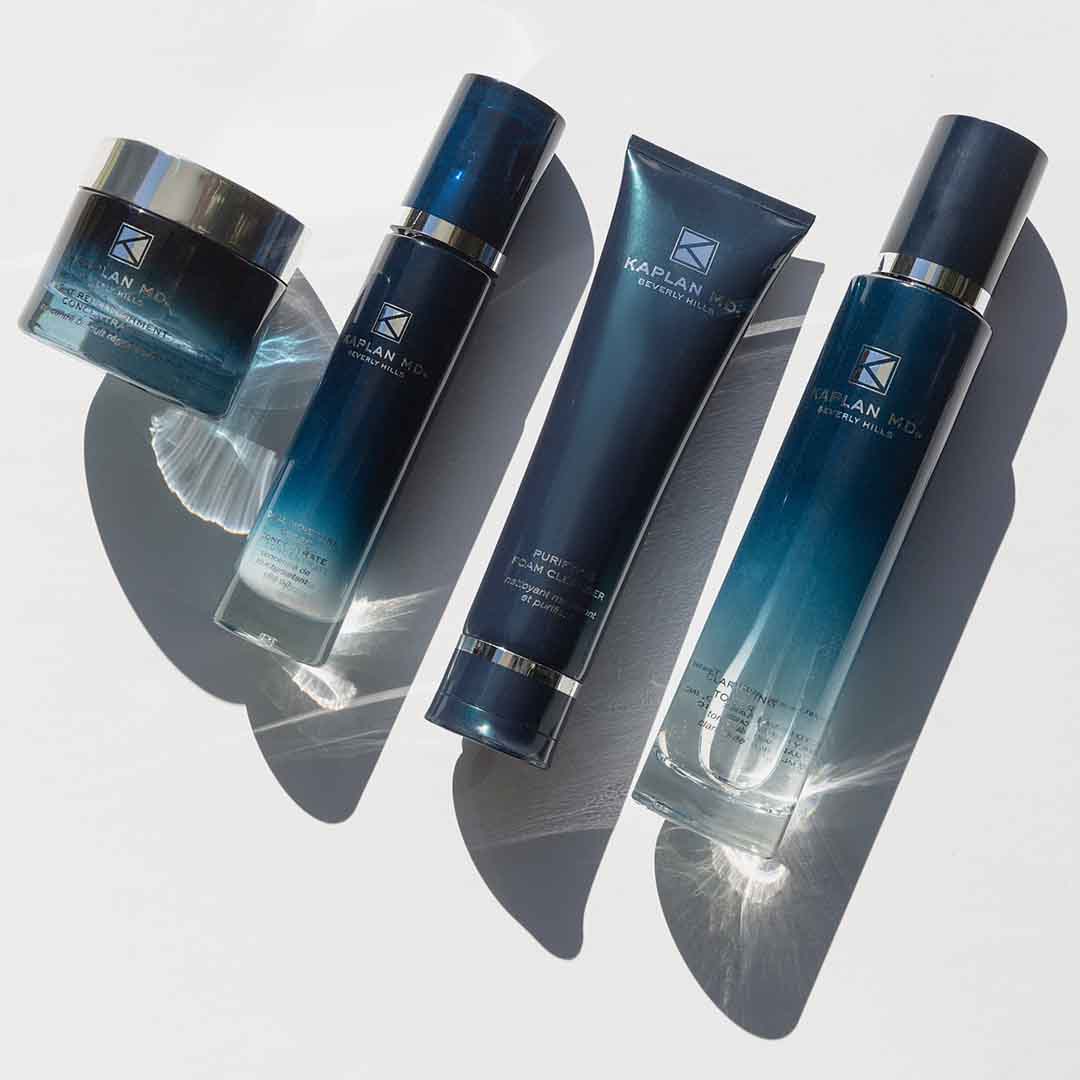Bestsellers
Skincare
Collections
When Chapped Lips Are a Sign of Something Much Worse
May 10, 2018 4 min read
What Causes Dry Lips?
Dryness is significant on the lips because our lips are not like the rest of our skin. The wet shiny part of our lips is covered, not with normal skin, but with a thin delicate mucous membrane. Mucous membranes don't have the outer, water-proof covering that normal skin has. This is why, when we become dehydrated or sunburned, our lips are one of the first places we notice dryness.

Dry lips can be caused by many different factors. Some of the main culprits of dry, chapped lips are:
- Sun exposure causing burns and sensitivity
- Excessive lip licking, which dries the skin on and around the lips
- Dry, cold weather which can cause cracking and flaking skin
- Skin creams, including retinol, vitamin A, and a variety of medications that dehydrate their user
- Symptoms of dry and chapped lips include
- Dry skin
- Flaking or peeling skin on the lips
- Redness on and around the lips
- Cracking and bleeding
How To Treat Chronic Chapped Lips
Being proactive is important to maintaining the moisture barrier of your lips, which are not able to moisturize themselves in the same way that the rest of your skin is. By using lip balm, SPF protection, and lip masks (like our Perfect Pout Lip Balm + Lip Mask duo!), you can ensure that your lips remain hydrated and prevent the weather damage that can cause initial damage and discomfort.
If you are already experiencing the painful side effects of chapped lips, then restoring the moisture barrier is critical. Use overnight lip masks, remain consistent with the use of lip balm and begin using products with SPF to begin to heal the delicate skin on your lips and prevent further damage.
When you first have dry lips, especially if you are experiencing dry or flaking skin, it can be tempting to try and use a lip exfoliator to help slough away this dead skin. However, this can be incredibly dangerous and can make the issue worse! Using apricot scrubs, toothbrushes, or sugar scrubs can create micro-tears that lead to infection and further damage.
Determining the root cause of your dry lips, from behaviours such as compulsive lip-licking to environmental impacts from sun or cold, can help you develop a treatment plan that works best for you.
General hydration and ensuring that you are drinking enough water to keep your whole body hydrated is an important first step to improving dry lips, as well as your overall health!

What To Do If Chapped Lips Won't Heal
If you’ve started using high-quality, healing products and are protecting your skin with SPF but are still experiencing dry, chapped lips, it may be time to call a dermatologist. As with all chronic skin issues, it is important to seek medical help as soon as possible for the best chance at preventing further illness and injury.
Chronic chapped lips that won’t heal could be a sign of serious medical conditions or infections, which include actinic cheilitis, an early form of skin cancer that requires immediate treatment.
What is Actinic Chelitis?
Chronic sun burn can also lead to pre-cancerous changes in our lips, that feel like persistently dry, rough, thickened skin. Sometimes scabs or white, scaly patches develop on the lip. This condition is called actinic chelitis. The good news is that actinic chelitis is a PRE-cancerous condition. The bad news is, it can develop into skin cancer, if left untreated.
What Causes Actinic Chelitis?
Many patients are surprised when I tell them that they can get skin cancer on their lips. Most of us know by now that sun protection is important to prevent skin cancer on our face and bodies. But for some reason, we do not give our lips the same care. In fact, lips are treated worse, because the majority of lipsticks and glosses on the market today contain petroleum jelly and oils as their main ingredient, without offering any SPF sun protection. When you go outside after using these ingredients, you are essentially frying your lips in the sun. This causes our lips to become dry, thin, and discolored.
That is why you need to use a lip treatment, that not only nourishes and plumps our lips with healthy ingredients, but also protects the mucous membranes on our lips from sun damage.
Chronic sun exposure, along with lifestyle factors that negatively impact your immune system, such as smoking, drinking excessive alcohol, and getting sunburned, make your lips a primary target for actinic cheilitis. Because the lower lip sticks out more, and faces upwards toward the sun, actinic chelitis can occur more frequently on the lower lip.
How Do I Treat Actinic Chelitis?
No one ever wants skin cancer. But if skin cancer is found on the face or body, most of the time it can be treated by a simple excision and stitches. Even on the lips, skin cancers can also be be excised and repaired with stitches. But who wants the risk of a scar on such a visible part on your face?
The good news is that if you develop actinic chelitis, it usually does not need to be surgically treated. Because actinic chelitis is still pre-cancerous, if it is caught early before a true cancer develops, lasers and creams may be successful in preventing it from developing into skin cancer.
But it needs to be treated early. So if your lips remain persistently dry and scabbed, see your dermatologist, because it may be something more than just dry skin. In the meantime, always keep your lips protected with a nourishing lip balm that contains SPF, like the Perfect Pout Lip Balm.

$24 USD
Also in Dermatology Blog
Get 15% Off Your First Purchase
Stay in the loop with exclusive discounts, expert skincare tips, the latest news, and more. Don't miss out on the opportunity to elevate your skincare routine and save on your favorite products.

